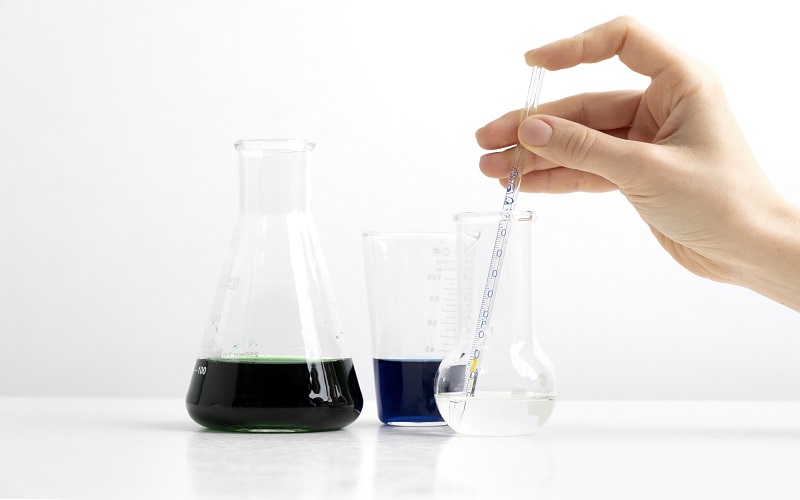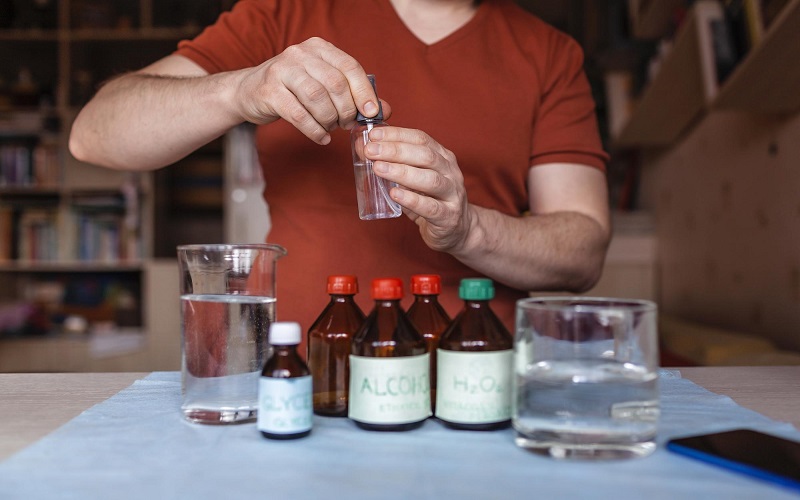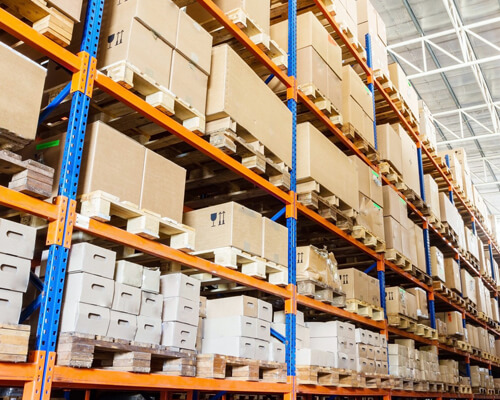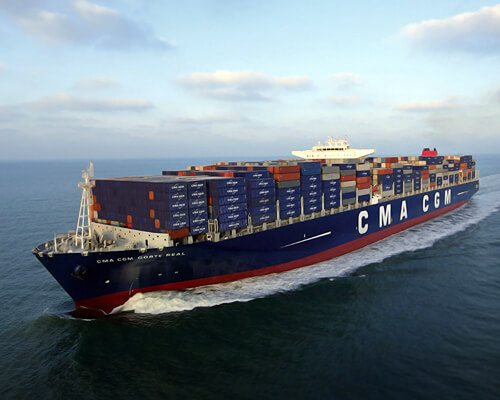- فارسی
- عربي
- English
How to Import Methyl Acetate from Iran in 2025

Methyl acetate, a fast-evaporating solvent with excellent performance and low toxicity, is widely used across numerous industries including paints, coatings, adhesives, and cosmetics. With rising global demand and increasing pressure to optimize sourcing costs, importers are turning to regions that offer both quality and affordability. Iran, with its advanced petrochemical infrastructure and competitive pricing, stands out as a strategic source. If you're planning to import methyl acetate in 2025, understanding the Iranian market and its export processes is essential for success.
Why Choose Iran for Methyl Acetate Imports?
Iran has long been recognized for its substantial oil and gas reserves, and in recent years, the country has significantly developed its downstream petrochemical capabilities. Methyl acetate is among the solvents Iran produces in commercial quantities for export. The following factors make Iran a top choice:
Cost-Effectiveness: Iranian suppliers offer competitive pricing thanks to domestic raw material access.
High Quality Standards: Most suppliers meet international benchmarks such as ISO, COA, and MSDS certifications.
Strategic Location: Proximity to key shipping routes like the Persian Gulf shortens delivery timelines to Asia, Africa, and Europe.
Government Support: Iran encourages chemical exports through trade facilitation programs and simplified documentation processes.
Key Applications of Methyl Acetate in Global Industries
Methyl acetate’s versatility makes it a preferred choice in several sectors. When importing from Iran, it’s important to ensure the chemical meets the technical requirements for your application:
Paints and Coatings: Used for its fast evaporation and strong solvency properties.
Adhesives: Offers quick drying and high-strength bonding in industrial adhesives.
Personal Care Products: Acts as a solvent for nail polish and related cosmetic formulations.
Pharmaceuticals: Used in extraction and purification processes.
By ensuring compatibility between the product’s specifications and its end use, you safeguard both safety and efficiency in your production line.

Qualities of a Trusted Iranian Methyl Acetate Exporter
When selecting a supplier from Iran, go beyond pricing and look for long-term reliability. A good supplier should provide:
Complete Documentation: Including Certificate of Analysis (COA), Material Safety Data Sheet (MSDS), and export licenses.
Experience in International Trade: Familiarity with incoterms and export customs procedures.
Flexible Packaging: Options such as IBC tanks, HDPE drums, or bulk containers.
Responsive Communication: Clear and timely updates on production, shipping, and delivery.
Building a relationship with a professional supplier helps reduce risk and ensures smoother transactions.
The Import Process: A Step-by-Step Overview
Importing methyl acetate from Iran involves several logistical and administrative steps. Here's how the process typically unfolds:
Request for Quotation (RFQ): Contact Iranian suppliers with your required volume, grade, and packaging format.
Document Review: Carefully examine technical sheets, COA, and MSDS to ensure product compatibility.
Negotiate Terms: Discuss pricing, lead time, payment terms, and incoterms such as FOB or CIF.
Contract Signing: Formalize the agreement with clearly defined delivery and payment clauses.
Production & Inspection: The supplier produces and prepares your order, often with third-party quality checks.
Customs & Shipping: Export documentation is finalized and goods are shipped via Iran's ports (e.g., Bandar Abbas).
Receiving the Goods: Clear customs at the destination and confirm the product condition upon arrival.
Compliance and Shipping Considerations
Methyl acetate is classified as a flammable liquid under UN1993. This requires adherence to safety guidelines for handling, labeling, and shipping:
Packaging Options: Typically exported in 200-liter drums, IBC tanks, or ISO tanks depending on volume.
Labeling Requirements: Ensure that your supplier follows GHS labeling standards.
Shipping Incoterms: Common choices include FOB Iran port and CIF your destination port.
Storage & Handling: Facilities should be equipped to handle flammable liquids safely and according to local regulations.
Proper planning minimizes customs delays and ensures regulatory compliance.

Common Challenges and How to Address Them
Importing chemicals across borders presents unique challenges. Being proactive helps prevent costly setbacks:
Banking & Payment Issues: Due to sanctions, payment methods must comply with international regulations. LC and TT via intermediary banks are often used.
Customs Delays: Work with a knowledgeable freight forwarder familiar with importing from Iran.
Transport Risks: Use insured shipments and request shipping updates from your supplier.
Communication Barriers: Choose suppliers that communicate clearly in English and provide full documentation.
Why Mehradtrade Is a Reliable Partner in 2025
Mehradtrade has positioned itself as a premier chemical export facilitator, connecting international buyers with top-tier Iranian manufacturers. Whether you're a first-time buyer or a seasoned importer, Mehradtrade simplifies your procurement process:
Verified Suppliers: Only partners with certified, experienced producers.
Custom Solutions: From bulk shipments to specific packaging needs.
Compliance Management: Helps ensure documents meet destination country regulations.
End-to-End Support: From RFQ to customs clearance, Mehradtrade stays involved.
If you're looking to Buy Methyl Acetate from Iran, partnering with an experienced facilitator like Mehradtrade provides unmatched peace of mind.
Final Tips for Importers in 2025
As chemical trade evolves in 2025, here are key tips to streamline your imports:
Understand Local Regulations: Ensure your country’s import rules align with methyl acetate’s classification.
Build Supplier Relationships: Long-term agreements lead to better pricing and service.
Plan Logistics Early: Choose shipping methods based on urgency and budget.
Stay Informed: Follow global and regional chemical trade trends.
With strategic sourcing, detailed planning, and a trusted partner, importing methyl acetate from Iran can be both efficient and profitable.
Book a Consultation
Please enter your information to book a consultation.





